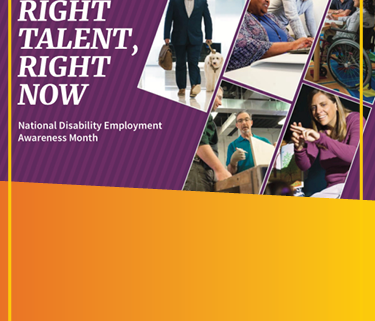Spotlight: Inclusion From the Start With The Arc Montgomery County

The Arc Montgomery County Karasik Family, Infant & Child Care Center, affectionately known as KFICCC, is a family-centered child care program. In every classroom, typically-developing children, children with developmental disabilities, and children with special health care needs play and learn together. The program has been a smash hit in the community, due in no small part to the thoughtful planning and implementation led by CEO Chrissy Shawver.
By modeling and teaching inclusion from the start, The Arc Montgomery County is ensuring that the next generation knows the value of inclusion and spreads love and acceptance in whatever path they take. In case you missed their presentation at this year’s National Convention, learn more about how they’ve built such a successful program below!
How did the program start?
The current KFICCC program was originally two separate programs. Karasik Child Care Center was for children ages 2-10 years old with and without disabilities. It was named after Monroe and Joan Karasik, very strong advocates for people with disabilities. Family, Infant & Child Care Center was for children ages 6 weeks to 5 years old who were medically-fragile, or who had complex medical conditions.
In 2011, these programs merged, becoming KFICCC (Karasik Family, Infant & Child Care Center). KFICCC is the only fully-inclusive child care center in Maryland, where children with and without disabilities and special health care needs play, grow, learn and explore together in all classrooms. Approximately one-third of the children enrolled have identified disabilities; the remaining two-thirds are typically-developing.
What is your training and onboarding process like for new staff?
All KFICCC teachers have college degrees and all other KFICCC staff must hold a 90-hour child care certificate geared toward the ages of the children with whom they work. The Arc provides a comprehensive on-boarding and training process, which includes CPR, first aid, Maryland State Department of Education trainings, and other trainings specific to working with people who have disabilities.
The most important quality for KFICCC staff is a really strong background in early childhood education. The child is a child first; any disability is simply part of the child. If you understand child development, you can work with all children by simply getting to know them and being willing to make accommodations to meet their individual learning styles and needs.
What about new children? How do you ensure the transition into the program is smooth and that everyone is set up to succeed?
KFICCC offers a seamless delivery of services, including therapies, special education, pre-kindergarten, and on-site nursing support. It’s all about coordination of care and giving parents an integrated support team.
New children come with their parents to meet with the staff and tour the building. During this visit, the child spends time in the identified classroom. Once a commitment is made, the child attends for his/her first week, spending progressively longer periods in the classroom.
If the child has an IEP or IFSP, the staff will meet with the child’s team to learn how to best meet the child’s needs in the classroom. If the family is not yet linked to services, staff may recommend them to Child Find or Montgomery County Infants & Toddlers Program.
What should chapters who are trying to implement a similar program in their community know?
Operating KFICCC is expensive, primarily because child-staff ratios must be higher than what is required by licensing. Community partnerships are essential for success. Staff must believe in inclusion and understand the benefits of having children with and without disabilities in the same classroom. When done right, it should be hard to tell who has a disability and who doesn’t—the program should feel very natural.
What has been the most challenging part of building the program, and how did you overcome it?
Adequate funding was and continues to be a challenge, especially when trying to keep the cost of child care affordable for families with lots of other financial pressures. It’s key to have someone who can write grants and connect with other funding sources because the program cannot run on tuition alone.
Another big challenge was breaking down barriers. Parents had many misconceptions about their typically-developing children “catching” disabilities or being held back because the attention was directed to children with special needs. The only way to overcome that was to demonstrate that it was untrue. Today, KFICCC’s greatest advocates are children without disabilities, because they just see their friends—not the disability.
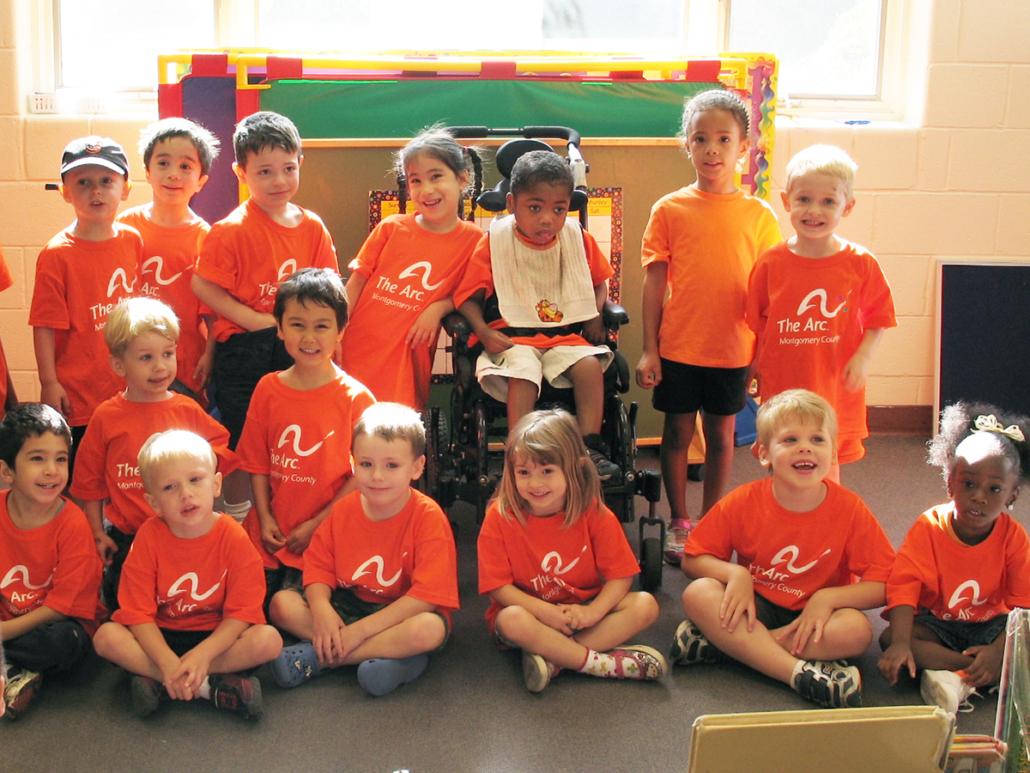




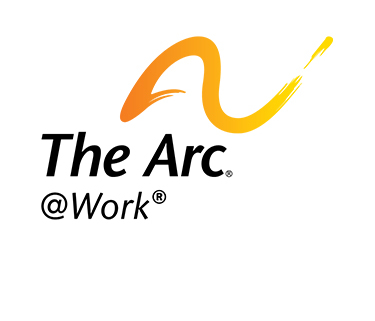

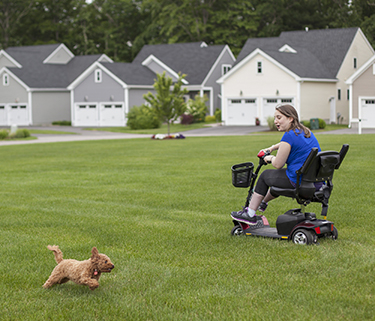


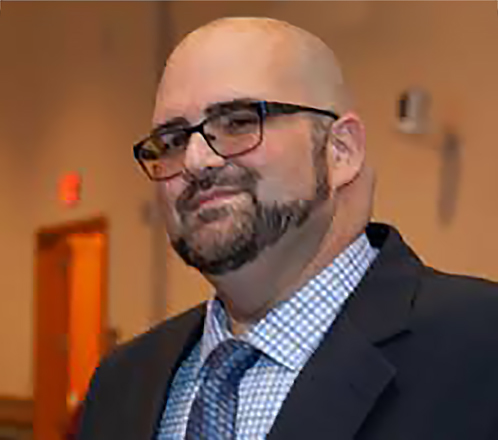 Although federal laws describe the services and supports available to students with disabilities, it is not always easy for students and parents to advocate on their own for appropriate educational services, so many families seek help from a special education advocate. Chapters of The Arc are well positioned to meet this need. Through advocacy, resources, and training, The Arc of Philadelphia is working hard to improve their local school system and ensure ALL students are set up to succeed. We spoke to the chapter’s Executive Director, Joe Mancini, about the work required to make this effort successful and how others can do the same.
Although federal laws describe the services and supports available to students with disabilities, it is not always easy for students and parents to advocate on their own for appropriate educational services, so many families seek help from a special education advocate. Chapters of The Arc are well positioned to meet this need. Through advocacy, resources, and training, The Arc of Philadelphia is working hard to improve their local school system and ensure ALL students are set up to succeed. We spoke to the chapter’s Executive Director, Joe Mancini, about the work required to make this effort successful and how others can do the same.